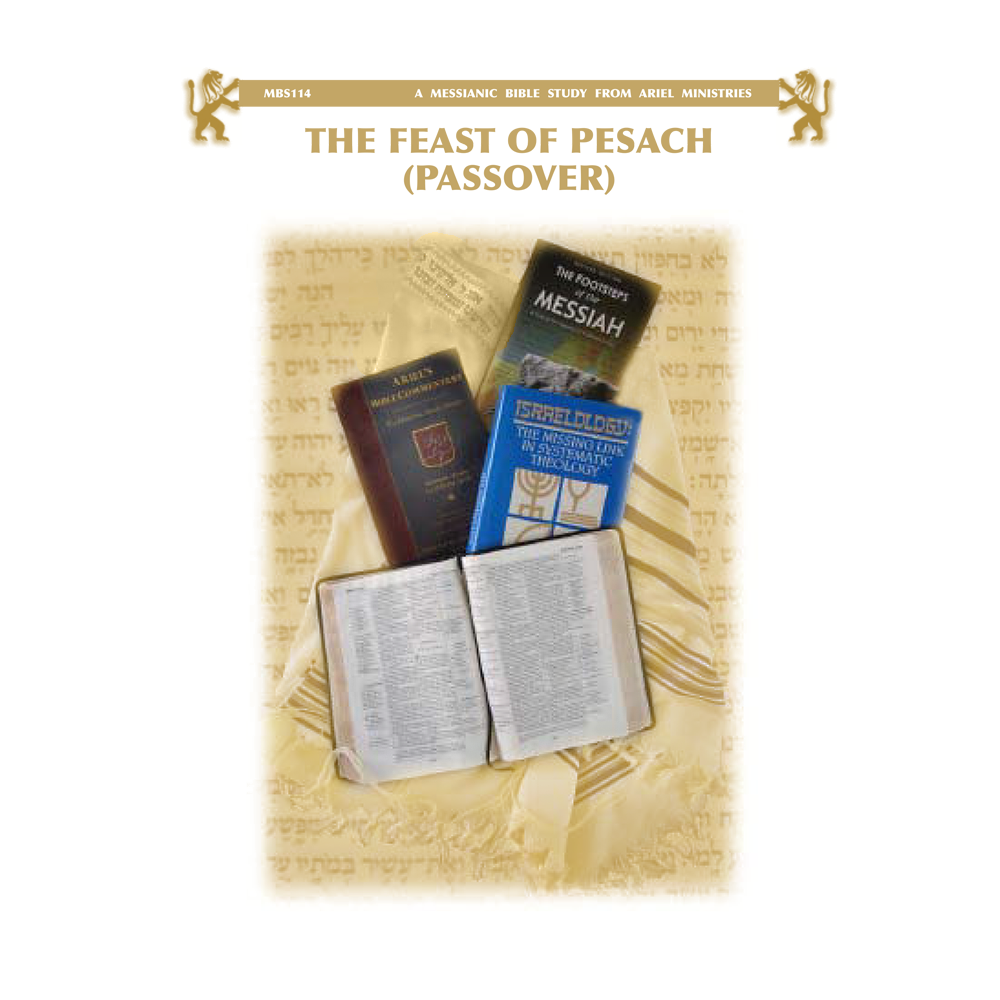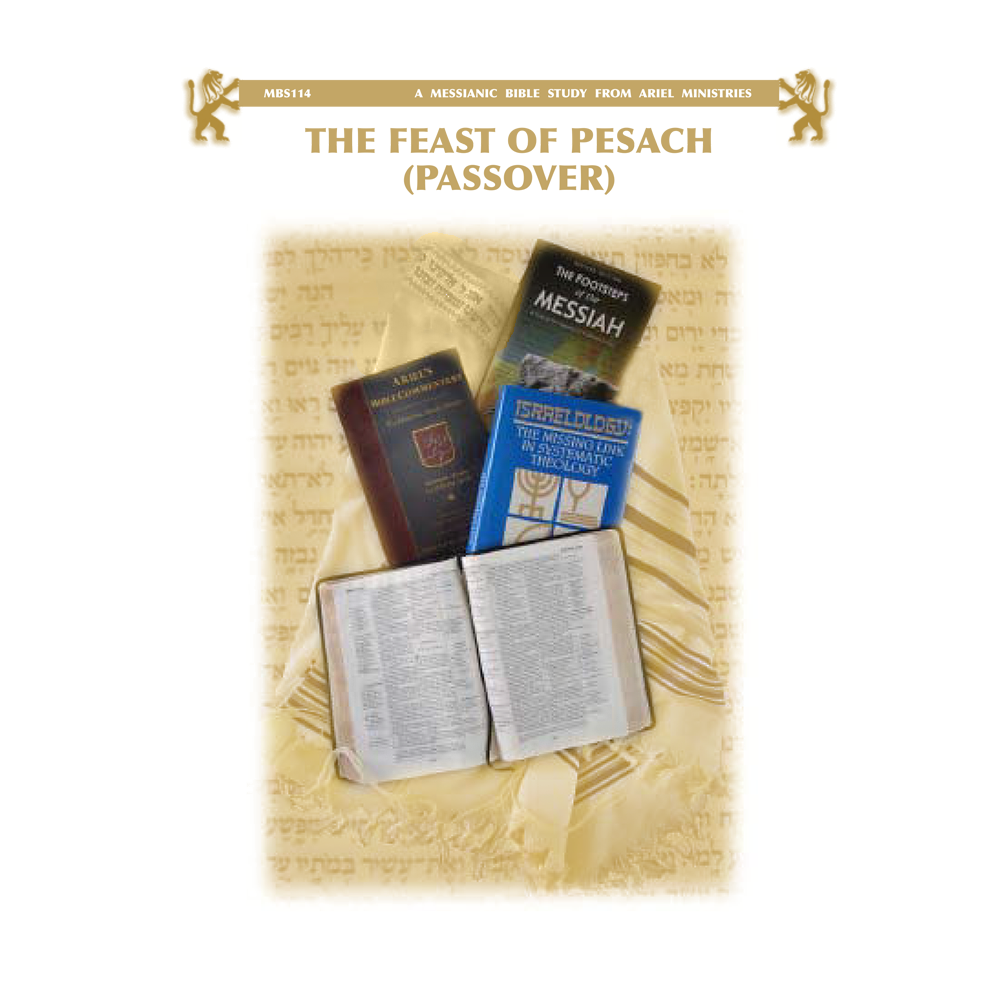The Provision of Fellowship—1 John 1:8–2:2
In dealing with the provision for fellowship, John spells out four key things.
1. The Profession of Sin—1 John 1:8
If we say that we have no sin, we deceive ourselves, and the truth in not in us.
First, he deals with a false profession concerning sin. The sin he is speaking of in this verse is the sin-nature. Here, the word sin is in the singular, and it is in the present tense. The present tense emphasizes linear, durative action. It is looking at the guilt of sin. In dealing with the sin-nature, if any believer says that he does not have a sin-nature, then the truth is not in him because salvation does not eradicate the sin-nature.
The proof that the word sin here refers to the sin-nature is based on John’s usage of the expression “to have sin.” It is always in a sense of guilt (Jn. 15:22, 24; 19:11). The meaning of sin in this context is that of guilt. If someone says he does not have the sin-nature, it is an untruth; it is false.
2. The Confession of Sins—1 John 1:9
If we confess our sins, he is faithful and righteous to forgive us our sins, and to cleanse us from all unrighteousness.
Second, he deals with the confession of sins. This time, the word sin is in the plural, and it is dealing with the actions of sin or the acts of sin. The condition for the restoration of fellowship is confession of our sins. The condition is: If we confess our sins. The result is: he is faithful and righteous to forgive us our sins, and to cleanse us from all unrighteousness. This is the corrective aspect. If we commit an act of sin because we still have our sin-nature, we need to confess that sin. God will respond by forgiving us and the result is that we will be cleansed from all unrighteousness.
The key word in this verse is the word confess. The Greek word is homologeo. Literally, it means “to say the same thing” or “to agree with.” It means “an agreement with a standard.” It also involves “an admission of a previous disagreement.” It means, “to acknowledge totally,” and it contains within it “the concept of repentance.” In other words, confession is not only admitting to God you did something wrong; it is actually calling it what God calls it, saying the same thing about it, that it is sin. You agree that you have violated a divine standard and you admit that in practice you previously disagreed with it when you committed the sin. Then God will be faithful and righteous to forgive us our sins.
The word faithful emphasizes that once the sin is confessed, that sin is forgiven. There is never a time when a sin is confessed that it is not forgiven. God does hold us responsible for sins we know about and those sins we must confess. If we acknowledge these sins, He will also forgive our unknown sins.
When it states that God is righteous, it points out that God is still righteous when He forgives both types of sins, both the known and the unknown. The blood of the Messiah has paid for all our sins, not only for the confessed sins. When it states: to cleanse us from all unrighteousness, this means “family forgiveness,” and the fellowship which was broken by our sins is now restored.
This raises the question, “When should we confess our sins?” Ideally, you should confess your sins as soon as you become aware of them. Ephesians 4:26 gives one timing element: we should try to confess our sins before bedtime. In 1 Corinthians 11:27–34, there is another timing element: we should seek the forgiveness of our sins before we partake of the next Lord’s Supper.
3. The False Profession—1 John 1:10
If we say that we have not sinned, we make him a liar, and his word is not in us.
Third, John next deals with a false profession concerning the confession of sin. Here, the word sinned refers to the acts of sin. It is obvious that John has been developing a progression in these verses. In verse 6, there is a denial of the product of sin. In verse 8, there is a denial of the guilt of sin or the sin-nature. Now, in verse 10, there is a denial of the practice of sin. All three denials are false denials.
In every case when we deny one of these three truths, we make God a liar, and it shows his word is not in us. Since His word teaches that we do sin, if we claim that we do not sin, we are trying to make him a liar in order to make ourselves look better.
4. The Messiah’s Provision—1 John 2:1–2
My little children, these things write I unto you that you may not sin. And if any man sin, we have an Advocate with the Father, Jesus Christ the righteous: and he is the propitiation for our sins; and not for ours only, but also for the whole world.
Fourth, John speaks about the faithful provision of the Messiah, who is the guarantee of fellowship. Verse 1 teaches that He is our Advocate. He is an Advocate for believers, but not for unbelievers. As believers, we no longer have the right to live as we like; we no longer have the right to sin. John states: these things write I unto you that you may not sin, meaning that he wants to encourage believers not to commit acts of sin. We know that we all still do commit acts of sin, but John encourages us not to despair when we sin.
He points out that we have an Advocate: And if any man sin [that is, if anyone commits an act of sin], we have an Advocate with the Father, Jesus Christ the righteous. John emphasizes the present ministry of Yeshua the Messiah at the right hand of God the Father. He is now our Mediator or our Advocate, and He intercedes for us when we commit acts of sin.
Not only is He our Advocate, He is also our propitiation (v. 2). The word “to propitiate” means “to satisfy or to appease the wrath of God.” By propitiation, we mean that “the wrath of God against sin has been appeased; it has been propitiated; it has been satisfied.” He points out that the Messiah is the propitiation, not just for believers but also for unbelievers; not for ours [sins] only, but for [those of] the whole world. The Messiah is the propitiation for the world. The Messiah is the satisfaction for sins, both for us, that is, the elect; and for the world, the non-elect. This verse clearly teaches unlimited atonement; the Messiah died for the sins of all men, not just for the elect. Because He died for the sins of all men, it means that the blood of the Messiah has satisfied God’s wrath against sin for all, though salvation is only applied to those who believe.
Whereas propitiation affects everybody, the application of salvation is only for believers; therefore, He is the Advocate for believers only. What He is in verse 1, our Advocate, is true of believers only; what He is in verse 2, the propitiation, is true of both believers and unbelievers.
However, the emphasis is this: His past death as Savior of the world is the basis of His present ministry as the Advocate for believers who sin.
Excerpt from Dr Arnold Fruchtenbaum:
MBS139 THE SPIRITUAL LIFE AND FELLOWSHIP: Pg 6-8









